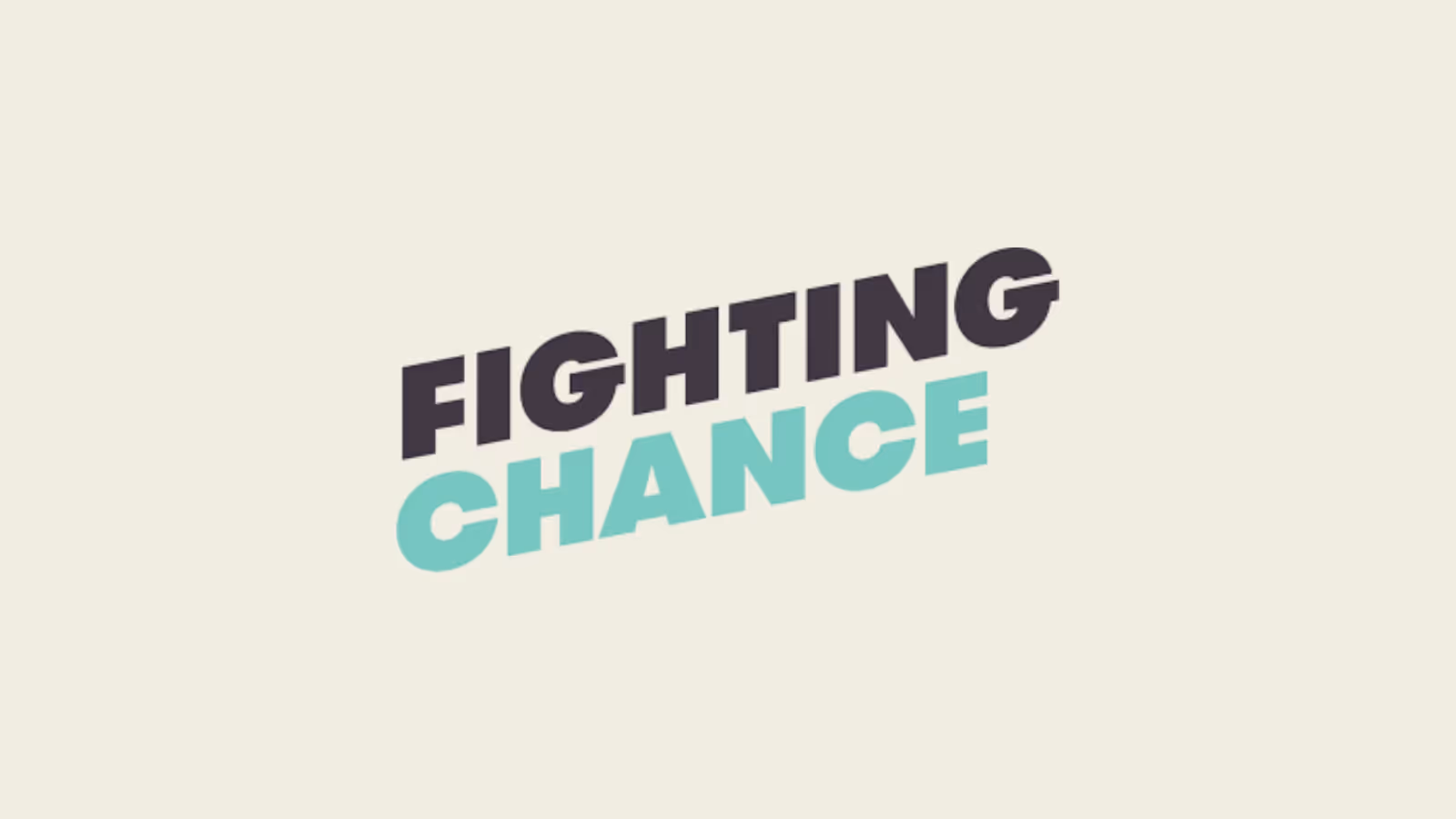R U OK Day – No Qualifications Needed
Simple ways anyone can support R U OK? Day and check in with a mate’s wellbeing.

Ask the question ‘R U OK’ – no qualifications needed
Research by the R U OK institution found that 4/10 people think a conversation about someone else’s wellbeing is best left up to a professional. People feel they’re unqualified and might even make things worse, but really you are doing an important thing that could make all the difference. Here are a few tips to strike up the conversation.
Choose the right time and place
Asking someone if they are ok in front of a group of mates or colleagues will earn you the “all good” response. We can’t expect someone to open up about their inner world and be vulnerable if we don’t set the tone. Ask when things are quiet, and you have privacy.
Txt instead
The spirit of asking someone if they are ok is connecting and having an open, honest conversation with another human. Sometimes we or the person we want to ask might not feel confident in face-to-face scenarios, so try sending a txt instead.
Let them know you care
15% of people who are asked if they are ok reported they felt it was not a genuine conversation. It’s crucial when we ask this question, we are genuine and are prepared to make time for the conversation. Delivery is really important here, simply asking are you ok doesn’t always indicate our intentions. Instead try prefacing your question with the ‘why’ you are asking, “Hey Aaron, I’ve noticed you’ve not been as talkative lately, I care about you mate and I wanted to ask if everything is ok?”.
Respect their answer
If they say they are fine don’t press them to keep talking, simply let them know that’s ok and that you are available to chat later if they need to. This is another great time to let them know that you care about them and are worried.
What if they say “No I’m not ok”
If someone tells you, they are not ok it’s crucial we be supportive and make the time to stop and listen.
Encourage people to get help
It’s a sobering fact that 50% of people who need help will not seek it. Encouraging those who are going through tough times can have a meaningful impact on their recovery. Ask them if they would like you to book an appointment with their GP or point them in the direction of Lifeline or Beyondblue if it’s a more pressing issue.
Ask questions
In our culture we tend to avoid deep emotional conversations with “Don’t worry about it”, “It’ll be ok, don’t stress”. But sometimes we need to have those conversations. If someone is vulnerable with us and sharing it’s important, we validate them and their experiences, not brush them off. We can do this by saying things like “Wow that sounds really tough, can I help in any way” or “That sounds really hard, I’m here if you want to talk more about it”.
If’ you’re worried about them hurting themselves ask them, it’s an uncomfortable question but it could save someone’s life.
Follow up
The problem that person is facing doesn’t disappear after you speak so it’s a good idea to follow up with them in a week or two. The impact is twofold, one you show that person you care about them and two it gives you the opportunity to offer more help and support. Set a reminder and follow up
Ultimately asking the question is the most important thing. So in the spirit of RUOK day, are you ok?
Need help now? Call:
- Lifeline: 13 11 14
- Beyond Blue: 1300 22 4636
- Mates In Construction: 1300 642 111
Find out more about how we are improving mental health in construction!

Hello 👋 I’m Joel the founder of Foremind.
Are you ready for simplified support & compliance?
Latest insights
Answers to the frequently asked questions.
Email us at enquiries@foremind.com.au and we'll get back to you quickly with a response
Yes, we have culturally competent counsellors available, including those able to work with first nation and CALD employees.
Onshore on secure AWS Servers in Sydney Australia. All data is encrypted in transit and at rest and our entire team is located in Australia.
Employees can access our platform on any device (mobile, laptop, desktop, etc.) as long you have the website link - no need to download any app on devices. You wouldn’t need to enrol any of your staff individually.- When we do our onboarding, we ask for the first name, last name and email of all your employees, and send out an email invite to all them which will allow them to create their own individual account to access the platform. For new staff we can also invite them or provide you with a unique link to embed in your onboarding process, whichever is more convenient for you. We also kick things off with a launch webinar or video to make sure everyone is aware of Foremind and how to use it. We’ll also provide you with any collateral such as posters, QR codes, brochures etc. to help drive awareness and encourage people to create an account in the platform.
The support line is answered by our reception service 24/7. It is for urgent platform or session-related issues only (e.g. *“My counsellor didn’t show”*) or helping staff create an account.






